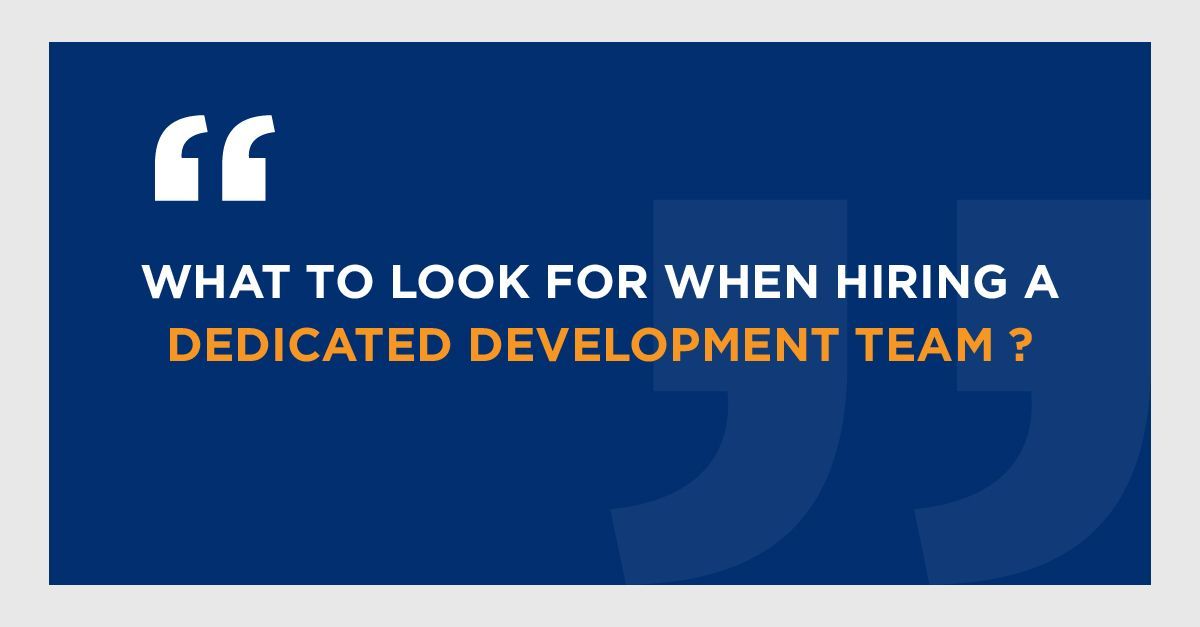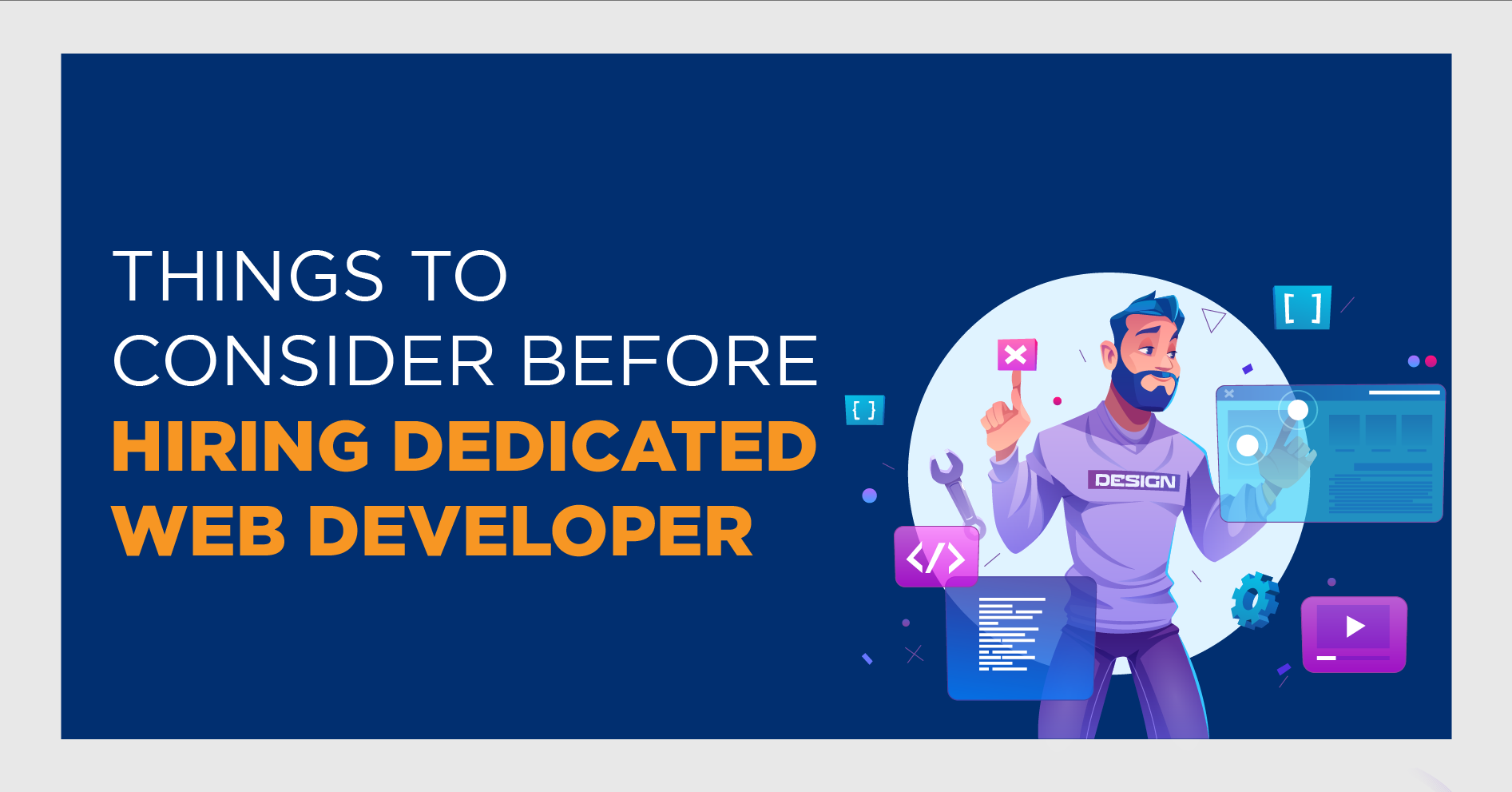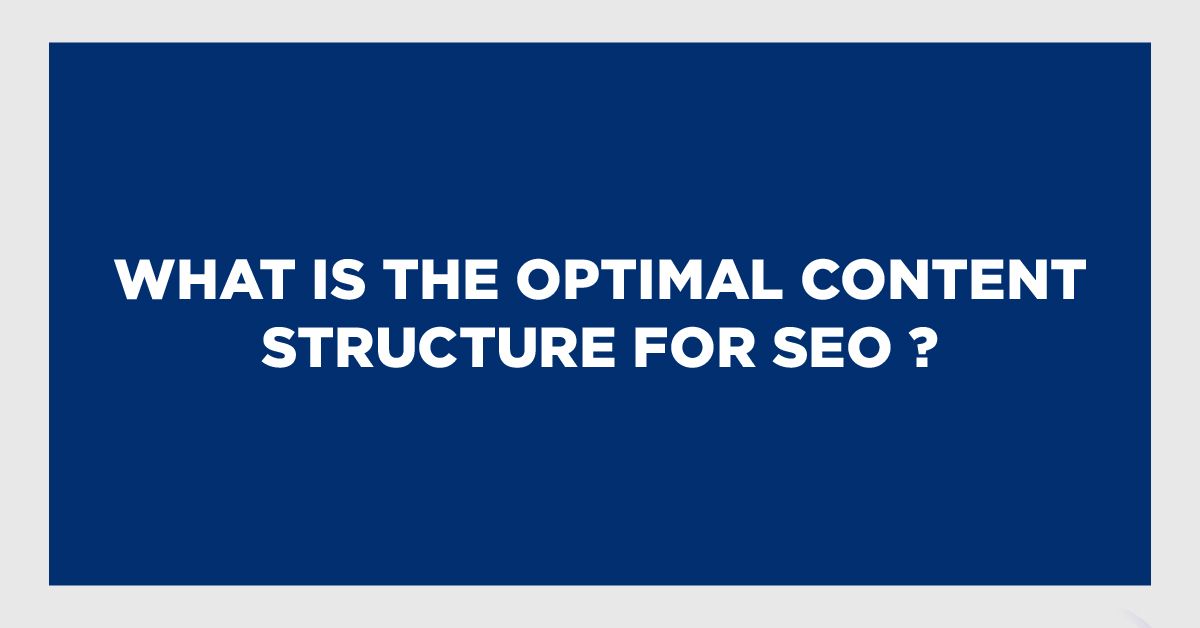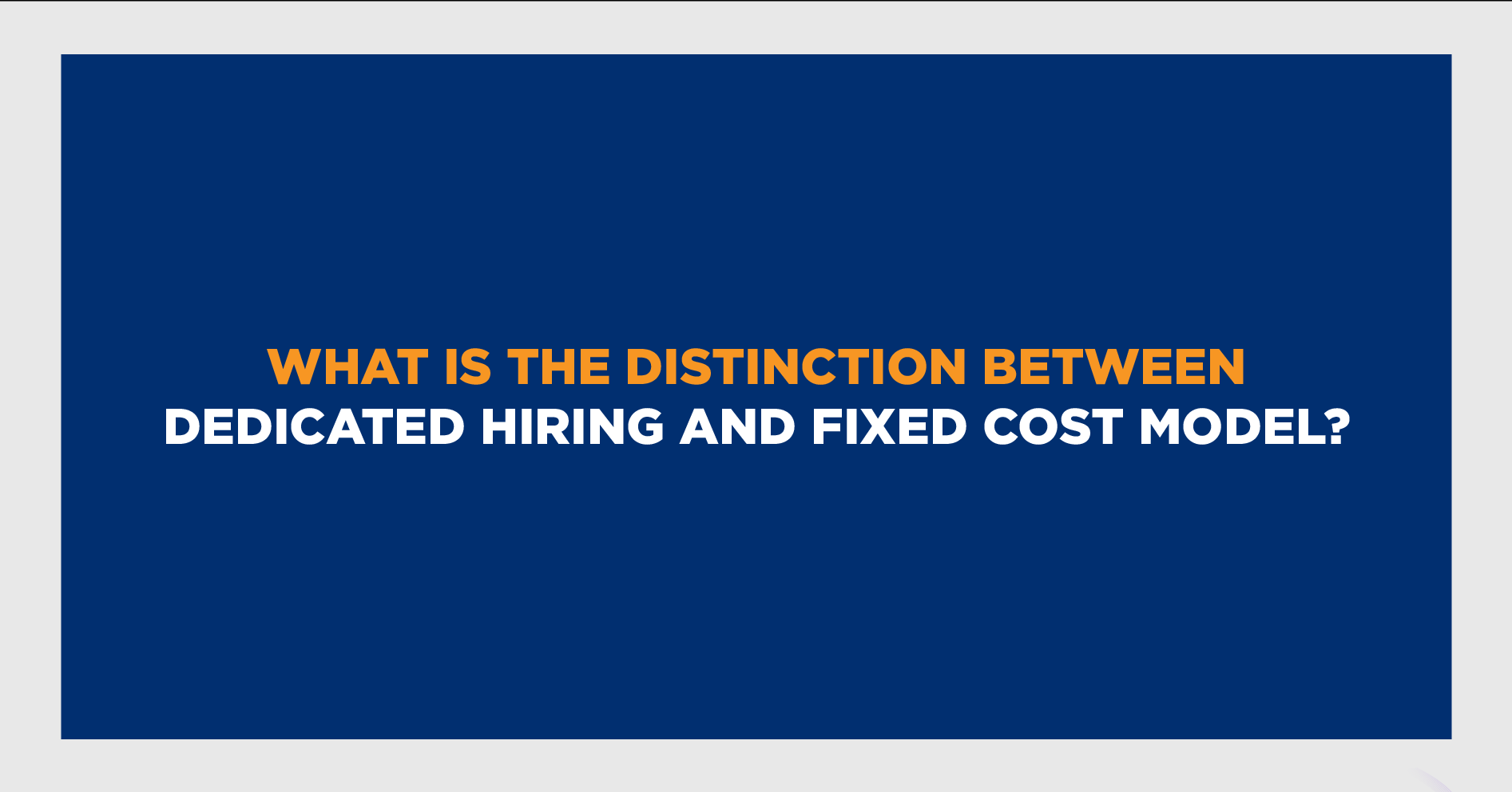What You Must Understand About WhatsApp Marketing
October 30, 2024
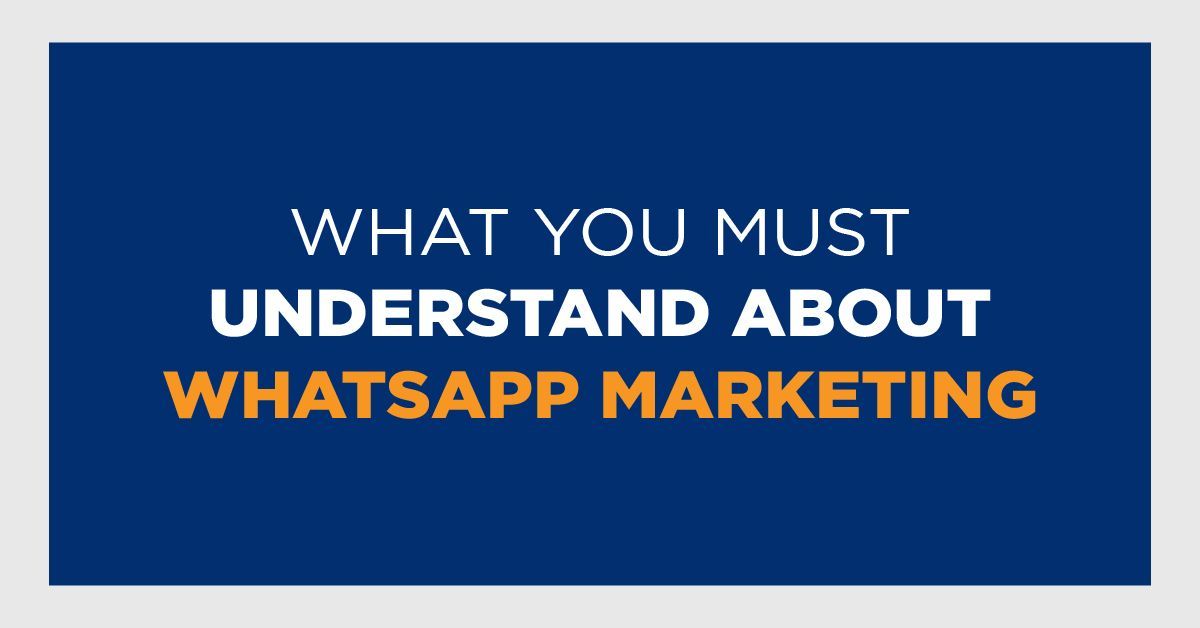
What You Must Understand About WhatsApp Marketing
What You Must Understand About WhatsApp Marketing
WhatsApp marketing is a growing strategy because of the platform's high engagement rates, global reach, and messaging-based communication. Here are key points to understand about it:
1. High Engagement and Reach
- WhatsApp boasts over 2 billion users worldwide, making it one of the most popular messaging platforms.
- Open rates for WhatsApp messages are high, often over 90%, with quick response times, unlike email marketing where messages may go unnoticed.
2. Direct, Personal Connection
- WhatsApp is built for private, one-on-one messaging, which makes customers feel directly connected to brands.
- Businesses can use this channel to deliver personalized experiences, including targeted messages based on customer behavior or preferences.
3. Types of Content to Share
- WhatsApp is ideal for sharing a range of content, from product updates and customer support to order updates, exclusive offers, and event invitations.
- Visual and engaging formats like images, videos, and voice messages work well, creating richer brand experiences than simple text.
4. WhatsApp Business API for Scale
- The WhatsApp Business API allows medium and large businesses to automate messaging and integrate with their CRM systems.
- While regular WhatsApp limits broadcasting to smaller lists, the Business API allows for larger, more sophisticated campaigns with added security and tracking.
5. Rules and Regulations
- WhatsApp has strict policies to prevent spam, so businesses must get customer consent before sending messages.
- Violating these policies may result in account suspension, so it’s essential to follow WhatsApp’s Business Policy.
6. Message Templates for Notifications
- Using message templates is required for notifications outside the 24-hour customer-initiated window.
- These templates need pre-approval from WhatsApp and are useful for transactional messages like appointment reminders or purchase confirmations.
7. Costs and ROI
- The WhatsApp Business API generally has a pay-per-message model, which can vary based on region and message type.
- Though there are costs, the ROI can be substantial given the high engagement rates and effective targeting.
8. Customer Service and Automation
- WhatsApp supports automated responses and chatbots, allowing companies to handle customer queries efficiently.
- This can enhance customer satisfaction by providing fast, round-the-clock support, while saving costs on customer service.
9. Building Trust
- WhatsApp is generally seen as more secure and private than other social media, especially with end-to-end encryption.
- Transparent communication and prompt replies build trust with customers, especially for brands prioritizing customer experience.
10. Data Privacy and Compliance
- WhatsApp’s end-to-end encryption aligns with privacy standards, but businesses must still ensure GDPR or other data protection compliance.
- Gathering customer data should always be ethical, with clear terms on how their data will be used.
Conclusion
WhatsApp marketing can be highly effective when used thoughtfully. Success depends on following best practices, delivering value to the customer, and staying compliant with WhatsApp's policies.

